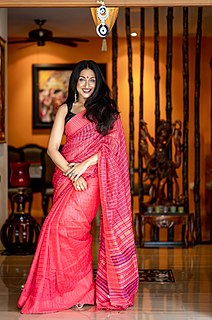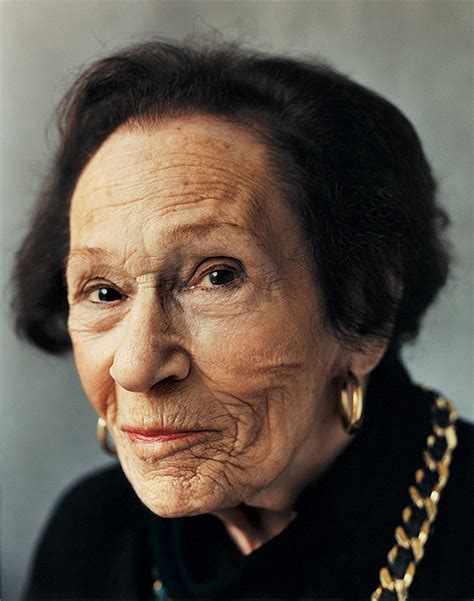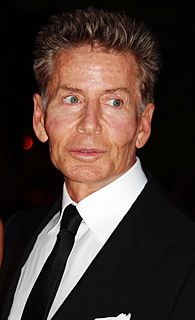A Quote by Mario Testino
The way men are seen in photography, in fashion, and the way that men look at pictures of themselves has changed in recent years. It is a subject that has come into focus: The masculine image, a man's personal style, changing attitudes to the male face and body.
Related Quotes
Men's magazines often feature pictures of naked women. Women's magazines also feature pictures of naked women. This is because the female body is a beautiful work of art, while the male body is lumpy and hairy and should not be seen by the light of day. Men are turned on at the sight of a naked woman's body. Most naked men elicit laughter from women.
People have not changed. The media and its love for the fashion world behind the scenes has changed, giving people more access to changing tastes and opinions everywhere. There has been a shift in the last few years, with the new exposure of personal styles on blogs and Instagram and websites, so people are more interested now in showing their own fashion sense and expressing their own style without copying an entire look from an ad campaign. Because of that, stores need to move toward more personal edits and styling.
The "female culture" has shifted more rapidly than the "male culture"; the image of the go-get 'em woman has yet to be fully matched by the image of the let's take-care-of-the-kids- together man. More important, over the last thirty years, men's underlying feelings about taking responsibility at home have changed much less than women's feelings have changed about forging some kind of identity at work.
I see being a woman in the world as a social problem. That's very urgently problematic in terms of it still being a man's world, and women's identities still being shaped by the way men look at them, and the way men can control what kinds of opportunities they can get based on how desirable the men find them, or how compliant. I don't think that's really changed a lot.
Men, I would like to take this opportunity to extend your formal invitation. … Gender equality is your issue, too. … I've seen young men suffering from mental illness, unable to ask for help, for fear it would make them less of a men—or less of a man. I've seen men made fragile and insecure by a distorted sense of what constitutes male success. Men don't have the benefits of equality, either.
I did all the stuff that people do - film, performance, photography, pictures and words, words and pictures. In retrospect, I was trying to find some way to put things - meaning images and forms - together that highlighted some idea of what was underneath the surface of an image, what determined how something was seen.
Men, also, have in them enormous capacities that they have to repress and fear in themselves, living up to this obsolete and brutal man-eating, bear-killing, Ernest Hemingway, crewcut Prussian sadistic, napalm all the children in Vietnam, bang-bang you're dead, image of masculinity, the image of all powerful masculine superiority that is absolute.
We go to sea repeatedly from Melville's time on - and the image of men at sea, like the image of men in the wilderness, seems to me to be almost an archetypal image of human beings on their own, human beings making their own way, guiding themselves by the stars they can see - rather than by faith or prayer or invisible forces.
In the US in recent years, around a third of all open management positions have gone to women. My research over the last three years has shown that the trend is going in the same direction at all levels. And by the way, it's not necessarily that the rise of women is causing the end of men - it's more the other way around. An increasing number of men are failing during their education, losing their jobs and then not managing to get back on their feet, so women have had to step in. The driving force here isn't feminist conviction, it's economic necessity.
It's funny, but certain faces seem to go in and out of style. You look at old photographs and everybody has a certain look to them, almost as if they're related. Look at pictures from ten years later and you can see that there's a new kind of face starting to predominate, and that the old faces are fading away and vanishing, never to be seen again.




































